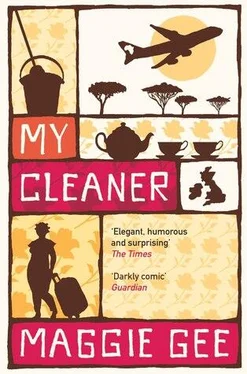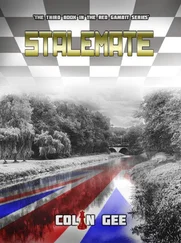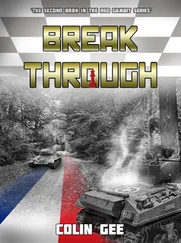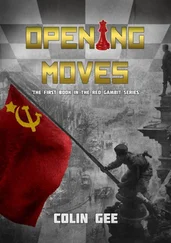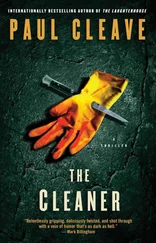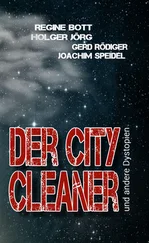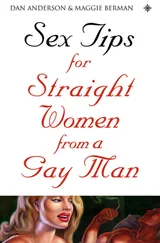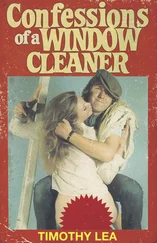We children always knew we had to leave the village. In order to come back. More, better, different. It was our parents who told us to go. They saw us as teachers, lawyers, dentists, doctors, even presidents. Did they not see we might be porters and cleaners, taxi drivers, parking attendants? Despite our degrees and certificates.
My father was a farmer, for most of his life, though he worked in Kasese, when I was little, and later, when he was old, he got sick. But most of the time he was what people call a peasant. Although in the village our family was important. Our land grew bananas, maize, sorghum, black and white beans, tomatoes, sweet potatoes. My mother kept him at it, for he liked waragi , and as he grew older, he liked it more, but he never beat my mother, like the other fathers. One day, though, he fell off our bicycle under the wheels of a bus from the city, and his leg was broken, and the bananas were ruined, and after that he couldn’t ride the bicycle. In our district women don’t ride bicycles, except as passengers, side-saddle. The village men don’t like women who ride. They think sitting astride does something to a woman. So we had to pay one of the uncles to sell our bananas, and he always complained that the bicycle was crooked.
My mother sold maize and potatoes by the roadside, and beautiful pyramids of tomatoes, as neat as the triangles I drew at school. I loved the hot sweet smell of our tomatoes. The bazungu in jeeps paid good prices for our vegetables, white people travelling through Africa, and thanked us too much, and took photographs, although we had doubled the price for them. I practised my English: “Hallo, how are you?” Some of the other children had bad manners: “Hallo, how are you, give me money.” Then the bazungu looked pink and unhappy, and got back into their jeeps and drove away.
We had five books. My family was lucky. My father was a barman when he was young in the big hotel for white people near Kasese, near Kilembe mines where they mined copper and cobalt. All the young men wanted to go to Kilembe, to make their fortunes and have adventures, and my mother said it was all the fashion to be courted by a Kilembe boy. My father sent home money, and he brought things back with him, some sheets and pillows, and knives and forks. He said he was happier after they sacked him, when he came back home and looked after the farm, but if so, why did he drink so much? He brought us three novels in English, which careless bazungu had left in the hotel. I read them until they broke into islands.
Her Destiny, The Shores of Love , and another title I cannot remember where everyone was stabbed in an English castle. You had to guess the murderer. I did not really care about it. And we had a Bible. And a hymn book.
The Bible is the single most beautiful book. I read it nearly every day, at home. And we had a copy of Hymns Ancient and Modern , pages 49 to 306. Though many of our neighbours had the everyday prayer book with the hymns we usually sang in the church, no one else had Ancient and Modern . The covers were lost, with hymns 1 to 73. When I came to Kampala, to university, Maama sent it with me, and in the nearby church, it was the book they used, but they had half a dozen copies for five hundred people. So I sang from our book, and was the envy of others. The rest just stood there humming and moving their lips, trying to say the words after me. Maama said the book was mine, when I left Uganda. By that time, though, I had read hundreds of books, all the shelves of my friend the professor who taught me at Makerere University. I loved Charles Dickens, and Chinua Achebe. I loved Mrs Jellyby, and Becky Sharp. For a week I wanted to be pale like Becky. I wanted to make a life, like her. I loved the poets, and the playwrights. But I was still grateful for our family hymn book.
We children played outside as dusk fell. We were the only house with a jacaranda. Most people had purple potato trees, which had no special evening sweetness. The sun drew the perfume from the creamy yellow flowers. There were little gold weaver-birds which danced and settled. We chattered like birds and ate sugar cane. Being a child was light, and easy.
(Yet every so often we were woken by gunfire. Sometimes there were rumours that soldiers were hiding from other soldiers in the bush near by. One thin man, haggard-faced, very important, came and stayed the night with us, and I was told to tell nobody, and not to speak to him, or look at him. But I risked a glance, and he was handsome, and he smiled at me as if he had seen me. I thought he was a hero. My secret hero. Now he is in the government, and people say things about corruption. I think it is harder to be a hero, once you become the power in the land.)
Our parents told us to go to the city. At night, they talked about the city lights. They said they shone like stars in the distance, though all we could see was low dark hills. The first time I saw the lights for myself was when my father took me to boarding school. There they were, a line of stars on the horizon, and a kind of humming, like a thousand bees. A thousand bees going after money. And they did shine like stars, growing brighter and brighter, until I was dazzled, and forgot about the village.
I managed to move from the country to the city. I made the great journey between worlds. It kills some people, and drives some of us mad. I did not want this to happen to my children. You see them, walking on the streets of London, the ghosts of Africans attacked by spirits, with matted hair, laughing and shouting. I thought, “My children will be born in the city. My children will never suffer like that.” I meant to have three, or four, or five, not the nine or ten they have in the village. I was proud I knew about family planning. And yet my life has not gone to plan.
In the end, I had only one child, a son. And no one can predict what their children will suffer. Sometimes I find I am arguing with God. Is it true that he sees every sparrow that falls? Can he see Jamil? Does he care for him?
I had names for my daughters, but they never came. Life in London was all rushing and running. I loved Omar at first, and we knew such happiness. He made me laugh, as my father had. He liked my cooking. We liked our car. But later there was never enough money to pay the instalments or the petrol or insurance, and my student grant from the government lapsed, and I stopped my MA and became a cleaner. After all my dreams, and my parents’ dreams, this was the future I had seen on the horizon. The shining lights were just empty offices that had to be cleaned before the sun came up. And a hundred dusty bulbs, in dusty houses.
I thank Jesus that those days are over. Now when the maids come for sheets, they knock politely. It calms my soul, the clean, blank whiteness, the way the maids bow their heads to me. “Happy birthday, Miss Mary.”
“Happy birthday, Miss.” The older ones don’t know their own birthdays, but the young ones think they know it all. I do not let them take liberties, though I praise Benedicta, who is polite.
I am proud to be the Linen Store Keeper. Now I am important, and my life is in order. The white sheets muffle the noise of the city, and the noise of the past, all those foreign cities, the dirt and the mess of the years I lost.
The sounds in the village were always the same. The city is a muddle of shouts and machines, but the sounds in the village spoke to me. The thump of the wooden pestle on its mortar as the women crushed ground-nuts for ground-nut sauce. Thud-ah, thud-ah Tike the beats of my heart. And little quick voices of weaver-birds. They dart through the branches like bright yellow thread.
But now my blood has grown red and loud. When I close my eyes, I am still in the city. There are horns blaring and beggars begging, their feet tipped like flippers from polio. They sit in a line outside the phone-shops. When I lie in the darkness, I no longer see my family home’s white jacaranda, with its buds that opened into yellow-white stars. I am in the city, and it is in me.
Читать дальше
